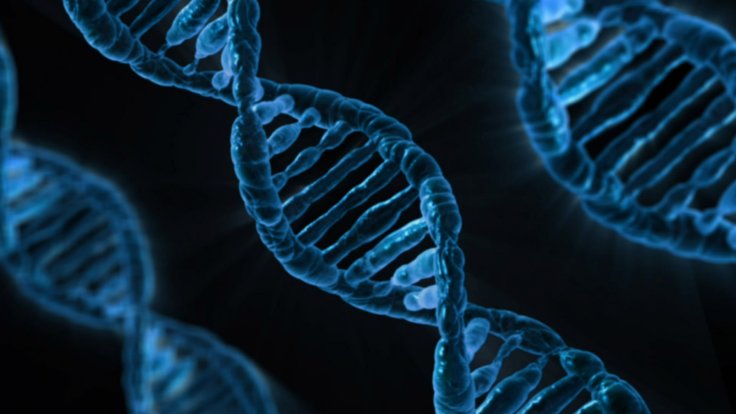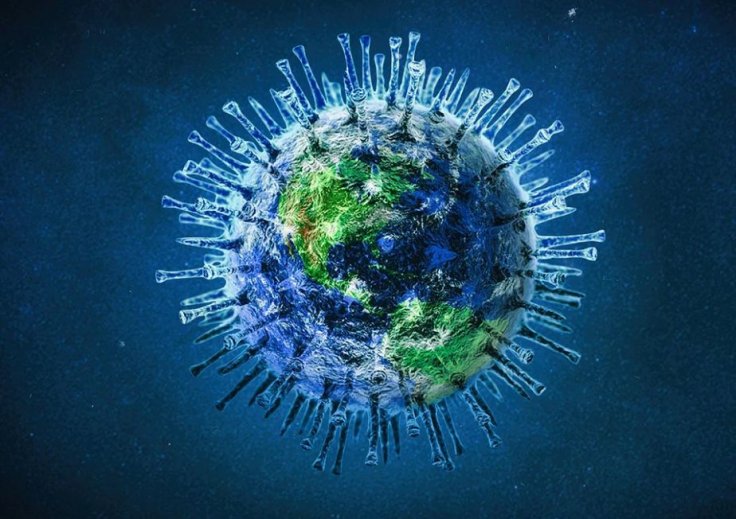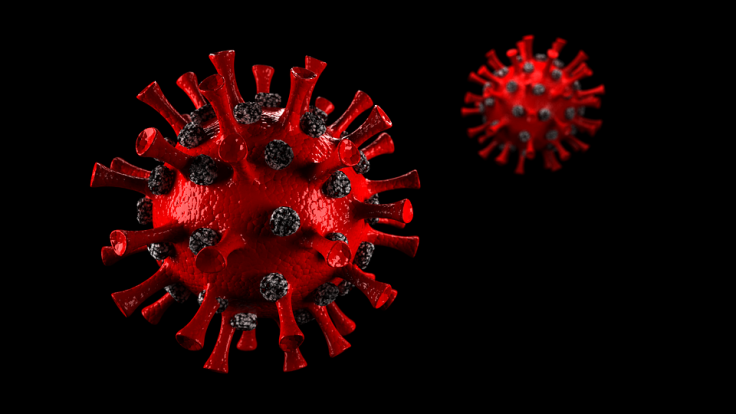Since the beginning of the COVID-19 pandemic, researchers have done much to understand how the SARS-CoV-2 virus can affect the human body. However, several studies have unearthed how the constitution of the human body can prime certain individuals to increased risk from the disease. Now, a study has found that people who are carriers of two specific mutations are at an increased risk of acute illness and even death due to COVID-19.
According to researchers from the Tel Aviv, the two genetic mutations— PiZ and PiS—causes the deficiency of a protein known as Alpha-1 antitrypsin, which shields lung tissues in the event of severe infections. Several studies have suggested a link between the deficits of the protein and inflammatory damage to the lungs in the case of other diseases. "Our data analysis reveals a strong correlation between these mutations and severe illness and death from COVID-19, said the authors of the study in a statement

Link Between Genetic Mutations and Coronavirus Deaths
For the study, the team examined data acquired from 67 countries across all continents. Upon comparison, a significantly high positive correlation between COVID-19 mortality rates (adjusted to the size of the population) and the presence of the two genetic mutations was found across several countries such as Belgium, Spain, Italy, the UK, and the US among others. The PiZ was found to be the more dominant mutation among the two.
For example, upon the reviewing of the data, it was found that 17 of every 1,000 people carried the PiZ mutation in Belgium. The COVID-19 fatality rate in the country stood at 860 per million {based on figures for September 2020).
Similarly, in Spain, 17 of every 1,000 citizens carried the PiZ mutation, was 640 people per million died due to COVID-19. In the US, the worst affected country by the pandemic, 15 per 1,000 were carried of the mutation and the mortality rate was 590 of every million.

The findings in other countries also showed a similar trend: 14 per 1,000 carried the mutation and 60 per million died in the UK: 13 per 1,000 were carriers and 570 per million died of COVID-19; and 13 per 1,000 were carriers and the fatality rate was 620 per million in Italy.
The authors wrote: "Our comparison of epidemiological data showed that nearly all the countries reporting >100 COVID‐19 mortalities per million population (as of September 7, 2020) were in Europe or the Americas."
Difference In COVID-19 Mortalities Across Continents
Interestingly, in many countries in Africa and South East Asia, the COVID-19 fatality rates were lower as of September 2020. The mentioned mutations are comparatively rare in these countries. Therefore, the scientists attributed the correspondingly lower deaths to the lower prevalence of these genes in individuals from these countries.
For example, the mutation was negligibly prevalent in Japan and the COVI-19 casualty rate was 9 of every million. Other nations such as Cambodia, China, Thailand, Taiwan, South Korea and Vietnam showed a similar trajectory as well. "The far lower population‐adjusted burden of COVID‐19 in many Asian and Sub‐Saharan African countries remains notable when comparing total infections per one million people," wrote the authors.

Dealing With Population With Genetic Mutations
Based on the findings of the study, the authors suggested that these mutations may serve as additional factors increasing the risk of severe COVID-19 outcomes. "We call upon the research community to test our hypothesis against clinical data, and also call upon decision-makers in every country to conduct population-wide screening for identifying mutation carriers and prioritize them for vaccination once COVID-19 vaccines have been approved," said the authors.
They also added that individuals discovered to be carrying these mutations must be made aware of their risks and given the opportunity to intensify their personal safety measures. "In the meantime, carriers should be notified that they may belong to a high-risk group and advised to maintain strict social isolation," they concluded.









